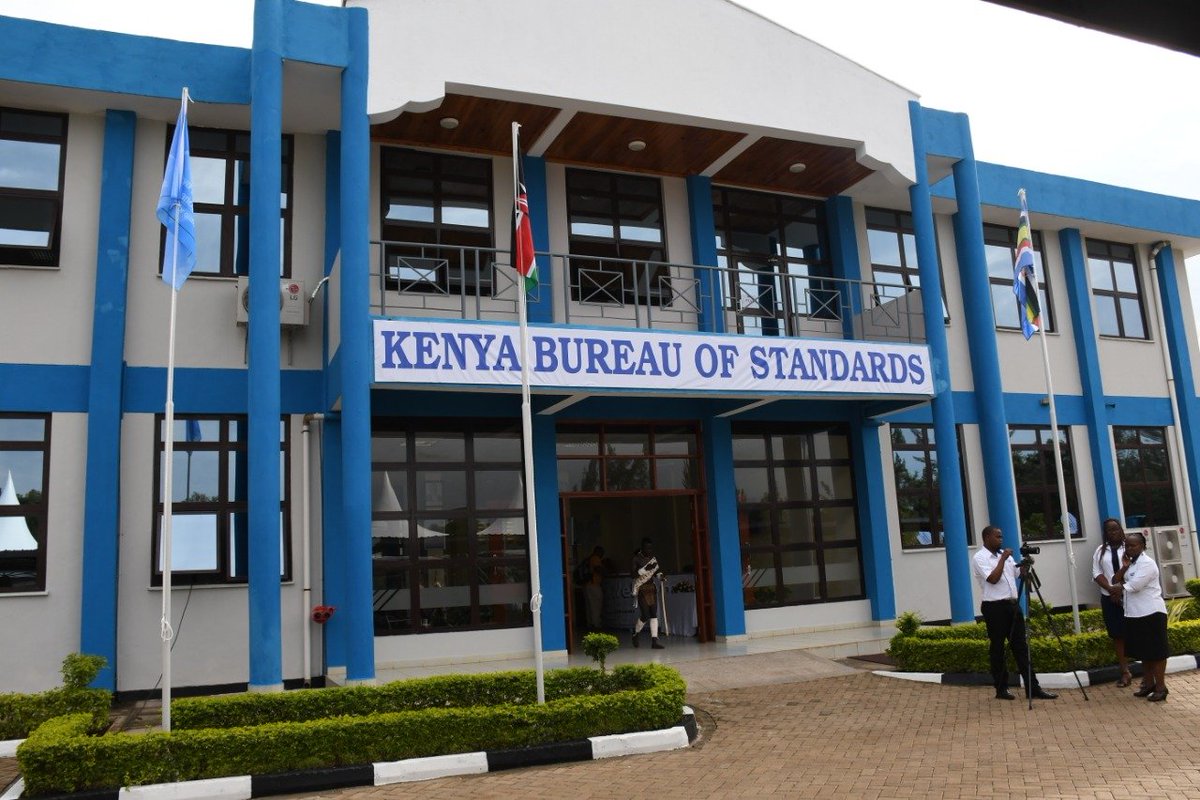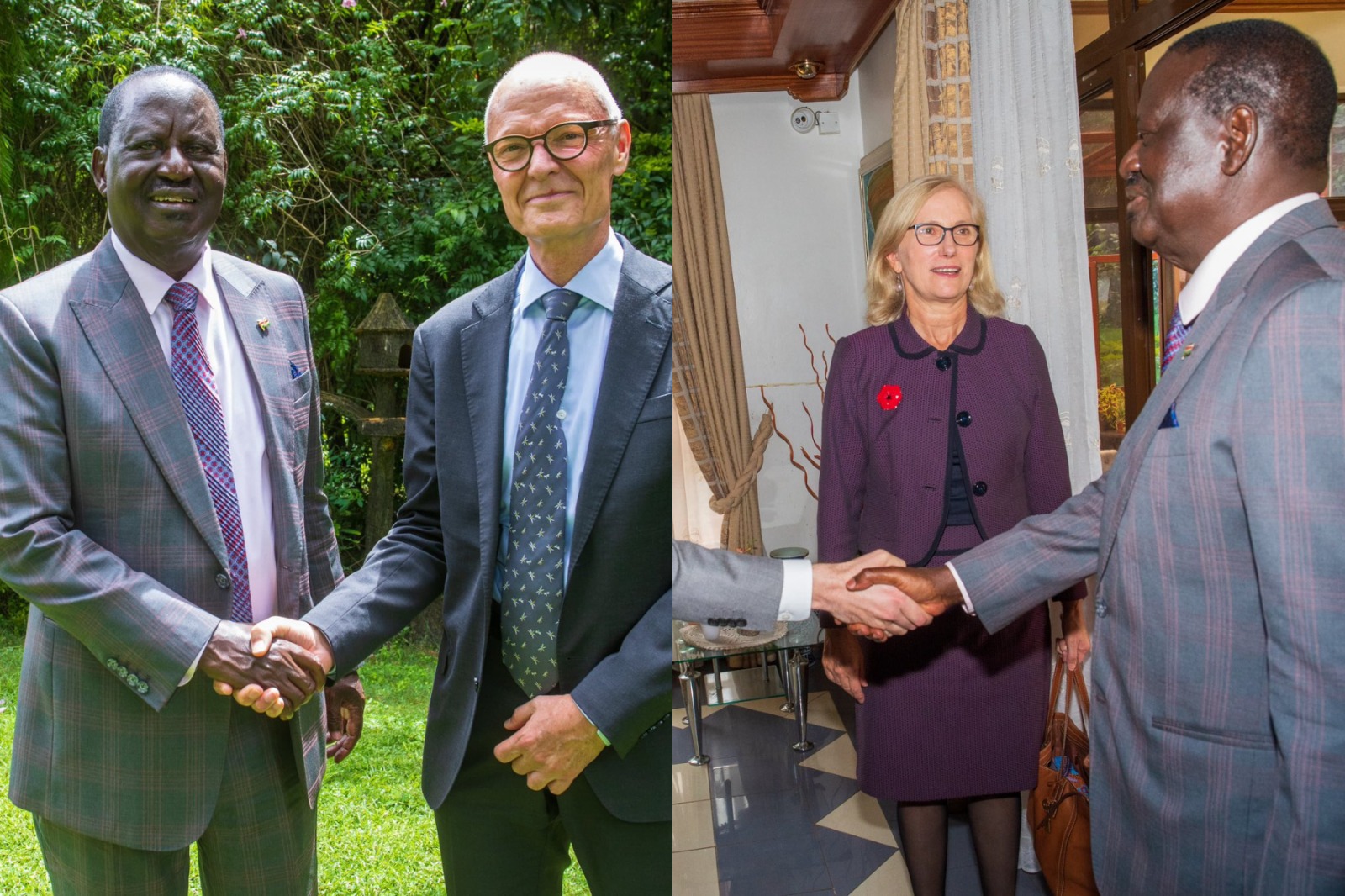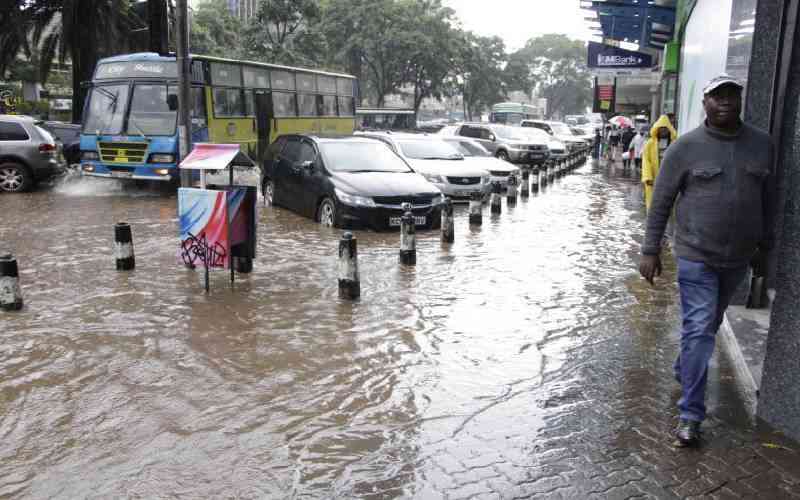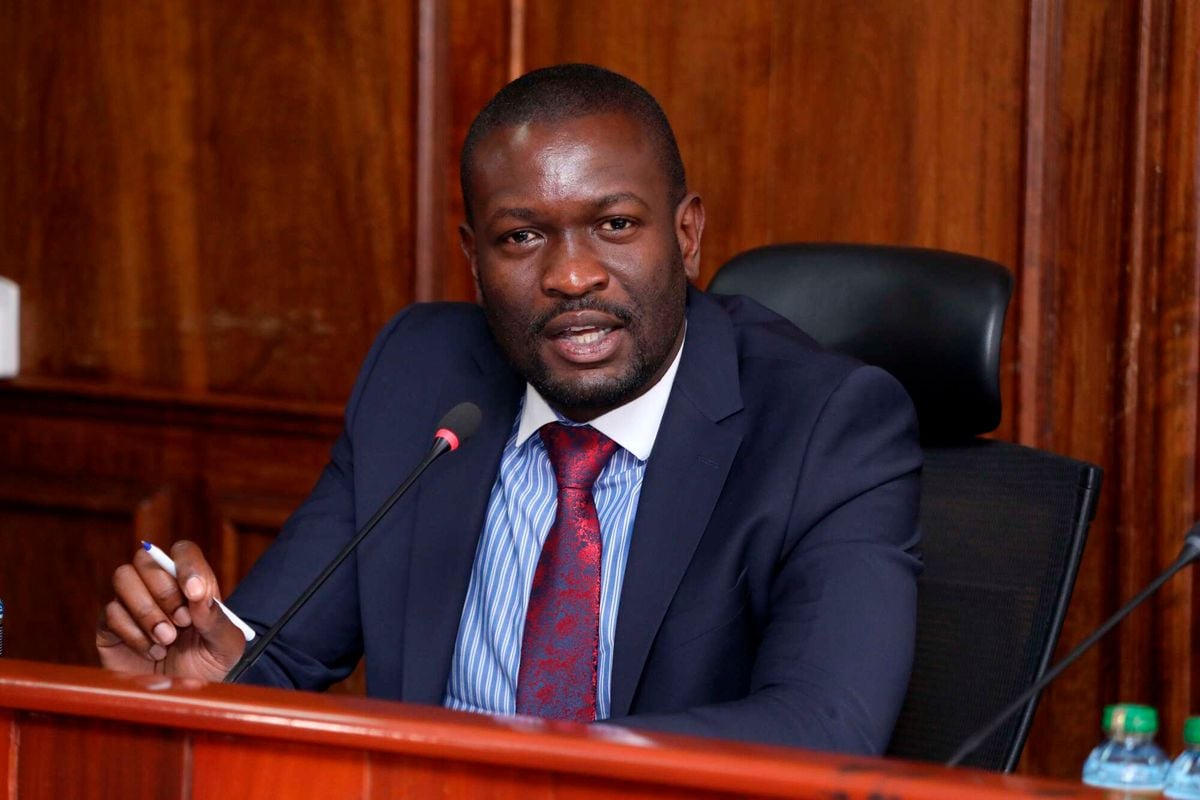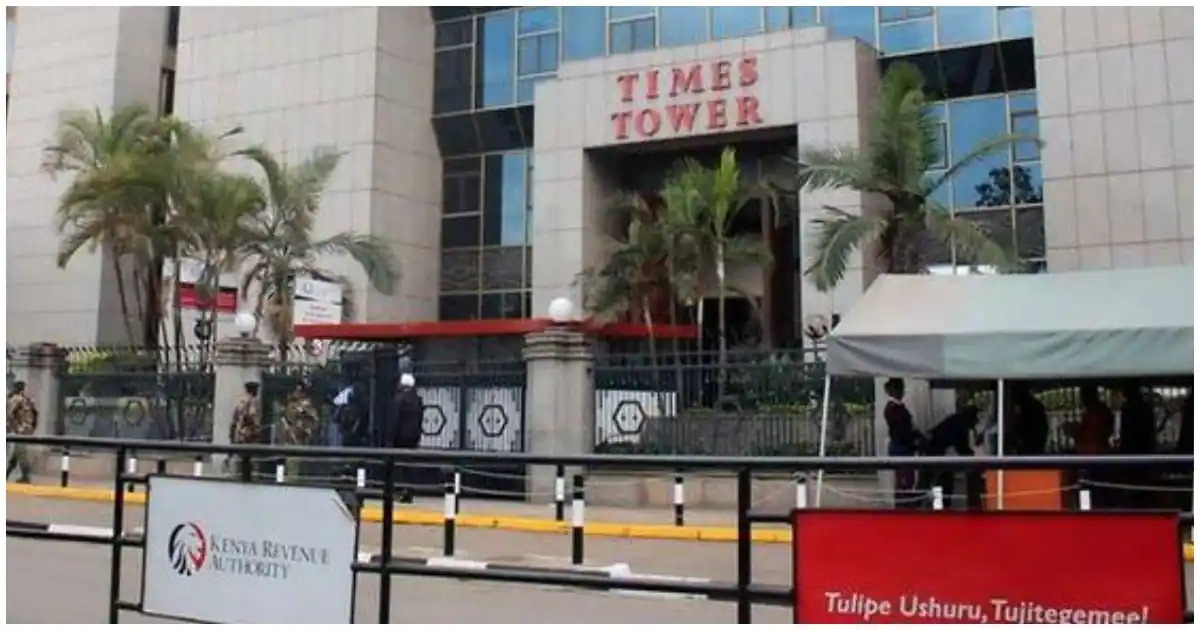Buying land is one of the biggest steps to settling down as a person.
With the rising cost of rent, any person in the working class group or business field aspires to own a piece of land to put up a structure that can be a home or place of business operations.
But even as many aspire to settle after having enough, many end up losing their hard-earned money to unscrupulous men and women disguising themselves as genuine land sellers.
Many have fallen prey to many advertisements offering prime land for unimaginable prices leaving them gnashing their teeth in regrets.
But should falling prey to cons by many make you fear buying land? Absolutely no!
Read More
With due diligence, buying land will still remain the best step and investment anyone can make.
To avoid falling prey to cons, following these steps will save you the risk of losing your hard-earned money:
Ask for a title deed or its copy
Armed with the titled deed or copy, do a search at the ministry of lands to confirm who the real owners are or if the title has any caveat on it. The search costs about Sh520.
Do a search with local authorities
This is to establish whether the land in question has pending land rates bills. If any, have a discussion with the seller on who will sort the pending bills. But why is it important to do this search? Simply because the land can't be transferred if unpaid land rates exist.
Buy two maps
One of the maps should show exact measurements of the piece of land you are buying, also called Mutation, and the other should show neighbouring lands. These two maps should cost you about Sh700, that is 350 each.
Seek a surveyor
Armed with two maps, visit the land you are seeking to buy with a surveyor. Together, verify the details on the maps with the surveyor and check if the beacons are in their rightful place.
Book a meeting with Lands Control Board
The lands board of a given area often meets once a month. To book a meeting, you will have to part with Sh1000. The meeting is to get consent for the land to be sold.
At this point, you should be with the seller at the LCB meeting. If the board agrees to the selling, you can proceed to the next step.
Negotiation
After gathering all the relevant facts about the land including the real owners and permission to have the land sold, negotiate with the seller now. At this phase, avail your lawyer if possible to help in drafting the agreement.
Also, make sure that the seller's family members are involved. Include the wife or husband of the seller and even his children if they are grown-ups.
You can also ensure neighbours of the sellers and one of the area administration officers like the chief, assistant chief and villagers are present to witness the drafting of the agreement.
LSK advises that if the value of the land is below Sh1 million you pay the lawyer 3,000, if it's above Sh1 million you pay the lawyer 8,000 for the agreement.
After the drafting of the agreement, agree with the seller to pay a particular percentage of the total value. Never pay all the amount for the land you are buying. The rest of the amount you will pay once you get the title deed bearing your name.
Visit lands ministry
Go to the ministry of lands offices with your KRA PIN, 2 passport photos, and a copy of the title deed to change ownership. It cost Sh5,000. Now go pay stamp duty which is often according to the value of the land. 4 percent of sales value in municipalities and 2 percent of sales value in reserves.
Done deal
After acquiring the title deed, you can now clear the rest of the balance with the seller. But before crossing your fingers completely, do a regular search with the ministry to ensure that records have been updated with you as the real owner.

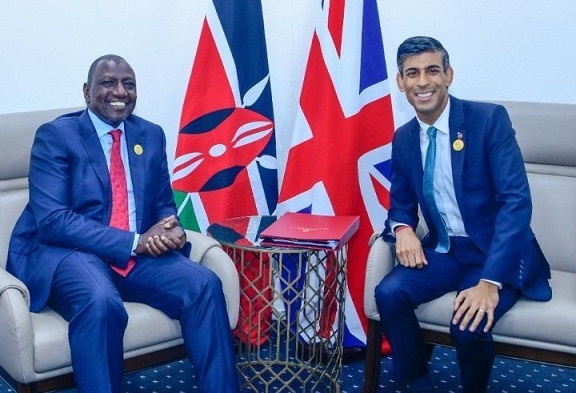

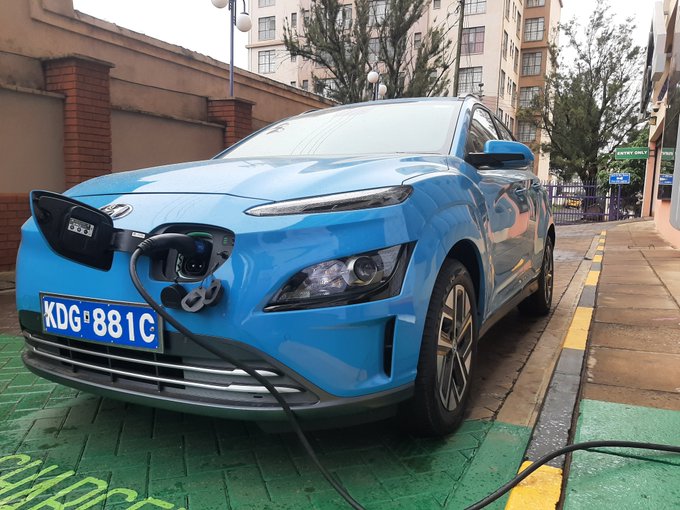
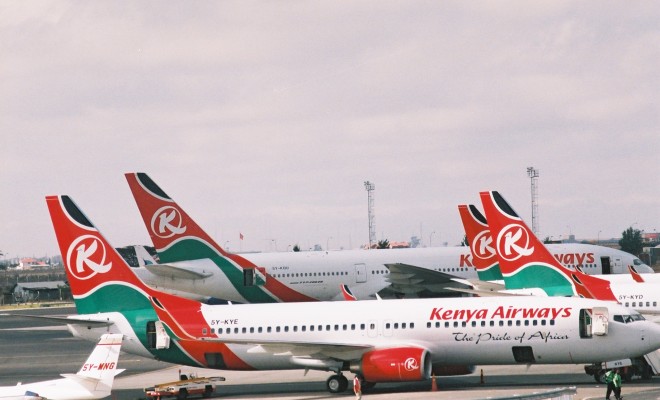
-1710390248.jpg)
